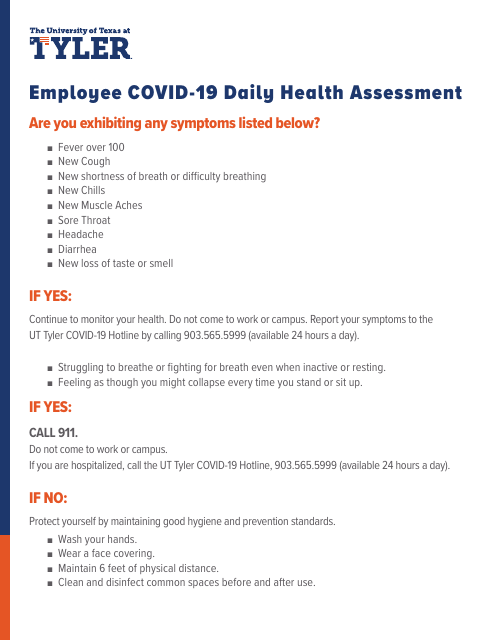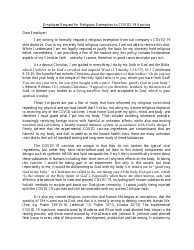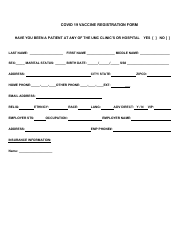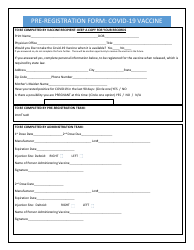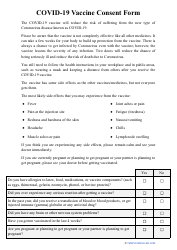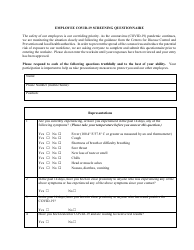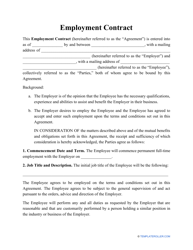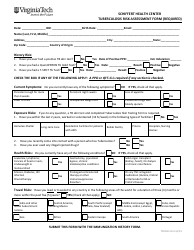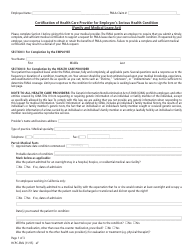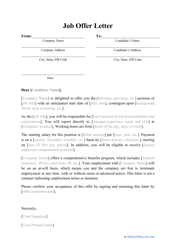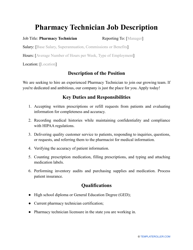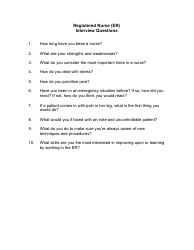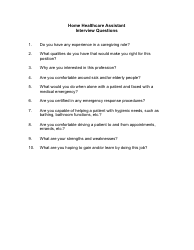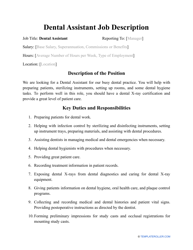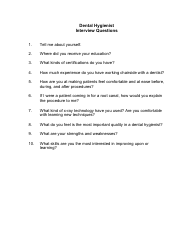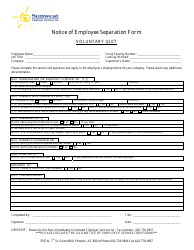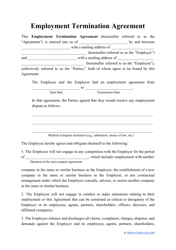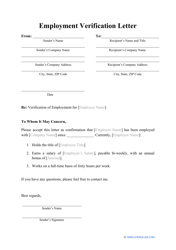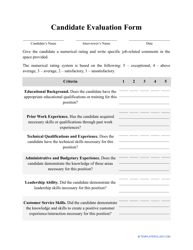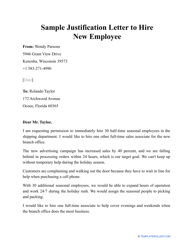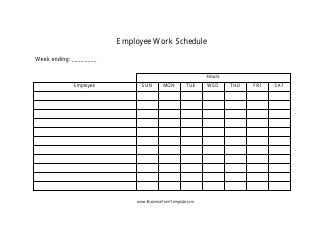Employee Covid-19 Daily Health Assessment
The Employee COVID-19 Daily Health Assessment is used to monitor and assess the health of employees on a daily basis, in order to identify potential COVID-19 symptoms or risks. It helps to create a safe work environment and prevent the spread of the virus.
The employee is responsible for filing the Employee Covid-19 Daily Health Assessment.
FAQ
Q: What is the Employee Covid-19 Daily Health Assessment?
A: It is a daily check to assess the health of employees regarding Covid-19.
Q: Why is the Employee Covid-19 Daily Health Assessment important?
A: It helps identify potential Covid-19 symptoms in employees and reduces the risk of spreading the virus.
Q: Who should complete the Employee Covid-19 Daily Health Assessment?
A: All employees should complete the assessment before coming to work.
Q: What are the symptoms to look for in the Employee Covid-19 Daily Health Assessment?
A: Common symptoms include fever, cough, shortness of breath, and loss of taste or smell.
Q: What should an employee do if they have symptoms in the Employee Covid-19 Daily Health Assessment?
A: They should stay home, contact their supervisor, and follow the company's protocol for reporting illness.
Q: How often should employees complete the Employee Covid-19 Daily Health Assessment?
A: It should be completed daily before coming to work.
Q: Is the Employee Covid-19 Daily Health Assessment mandatory?
A: Yes, it is typically a mandatory requirement for all employees.
Q: What happens if an employee fails to complete the Employee Covid-19 Daily Health Assessment?
A: There may be consequences based on the company's policy, such as being unable to enter the workplace.
Q: Can employees provide inaccurate information in the Employee Covid-19 Daily Health Assessment?
A: Employees should provide truthful and accurate information to ensure proper monitoring of Covid-19 symptoms.
Q: How long should an employer keep records of completed Employee Covid-19 Daily Health Assessments?
A: Employers should follow local guidelines and regulations for record-keeping, which may vary by jurisdiction.
